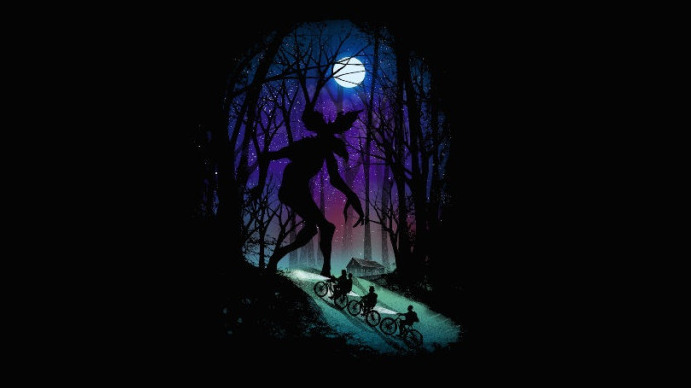Pensioner sets off on 600-mile pony trek with pet dog in saddlebag
Jane Dotchin, 80, has been making the unusual journey from Northumberland to the Highlands since 1972. (Story from STV News)
An 80-year-old woman who wears an eyepatch is on an annual trek with her pony from England to the Highlands – on a seven-week adventure which began in 1972.
Jane Dotchin packs her saddlebags onto her trusty pony’s back every year, and heads to the hills from her home near Hexham, Northumberland, on an epic 600-mile trek to Inverness, covering between 15 and 20 miles a day.
She set off on August 31 with her steed, Diamond, aged 13, and her disabled Jack Russell named Dinky for company, from the off-grid smallholding where she lives.
She carries everything she needs including her tent, food and just a few belongings – and despite wearing an eyepatch is determined to continue as long as she can.
Ms Dotchin said: “My mother would look after my other ponies but she wasn’t that keen on looking after my Halfinger stallion, so I rode him down to Somerset to see a friend, which is about 300 miles.
“It was a bit of a hard slog, but it was good.”
After that initial journey, she caught the taste for the open road and travelled to visit friends near Fort Augustus, near Loch Ness, every autumn since.
The journey takes around seven weeks depending on weather and Ms Dotchin tries to stop off to see people she has met over the years.
She said: “I refuse to go slogging on through pouring wet rain.
“There are a few different routes I can take depending on the weather.
“I don’t want to go over hilltops in foul weather, but I work it out on the way.
“I don’t bother with maps, I just keep to the routes I know.
“It is nice to go and see [people] again – I ring them up in the morning to say I’m going to be there in the evening.
“I don’t warn them too far in advance, because if the weather suddenly changes or I decide to stop early then they can be left wondering where I’ve got to.”
Disabled Jack Russell Dinky, who has deformed front legs, travels in a saddle bag.
Ms Dotchin said: “She manages fine, when there is a nice grassy track she gets out and has a run, but she doesn’t like stoney ground but she is a nice hot water bottle for me in the tent.”
She said: “I asked for something good and solid in my old age and he got me a cob from Ireland. I struggle to get on her half the time, but otherwise I manage fine.”
Her diet consists of porridge oats, oatcakes and cheese which is bought at local shops.
She prefers to make porridge with milk, but water will suffice.
Ms Dotchin added: “You can always boil it from a stream.”
Her bathroom habits are equally DIY, and she said: “I dig a hole.”
Ms Dotchin is devastated by the littering she has seen over the years and said Cumbernauld, North Lanarkshire, is somewhere she finds “shameful” due to the amount of rubbish.
She said: “It’s appalling, in particular single used barbecues which are left lying all over the place.
“Cumbernauld is the fly-tipping capital of Britain.
“There are some lovely people there who let me camp, but some of it is so disgusting and shameful.”
Campervans on single track roads have also become a more persistent problem.
She said: “Drivers just didn’t seem to know how wide they were, I was forever just about getting swept off the roads by them.”
The right to roam has helped with countryside access, but she said: “There are still some locked gates or little side gates that you can’t get a horse with packs on through.”
For emergencies she carries an old mobile phone as the battery lasts six weeks.
Ms Dotchin said: “I keep it switched off and just ring out to ring up landowners to get gates unlocked or to warn people when I’m coming but sometimes the trouble is getting a signal.”
During the foot and mouth crisis in 2001 she went on bicycle instead.
She said: “I covered many more miles with the dog in a pannier but it was not the same, I missed my horse.”
In recognition of her independent spirit, and many years of long distance trekking, she received The British Horse Society lifetime achievement award last year, which she said was “a bit of a surprise.”
During her travels she witnesses rutting deer and stags fighting in the autumn, and foxes.
She said: “There is always something interesting happening and there is never a dull moment.
“I will probably be stopped one of these days.”



















